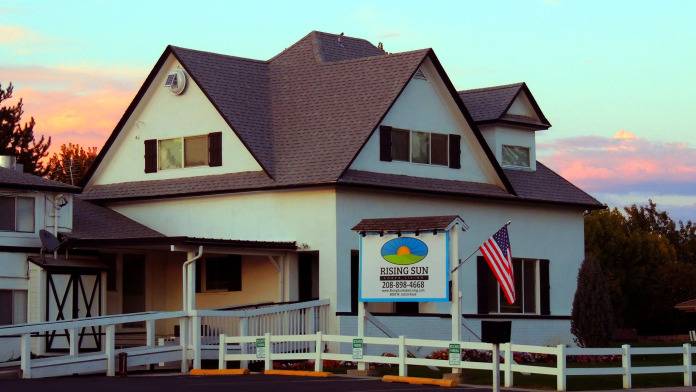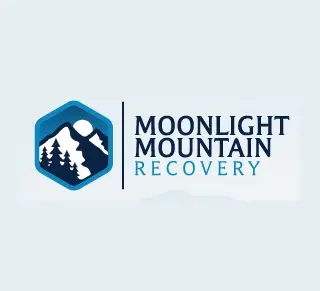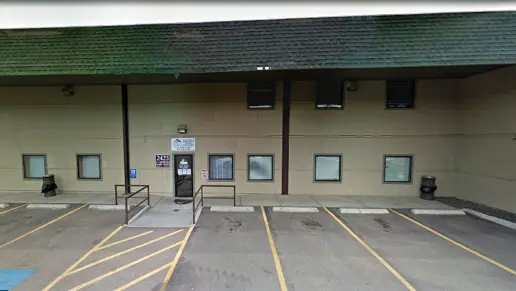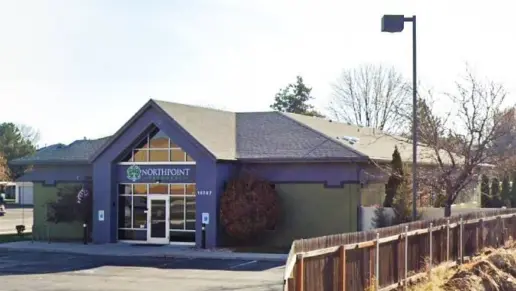THE SERVICES THAT GIVE ARE TOO BAD, they do not serve you for anything, and they only delay your recovery!
About Rising Sun Sober Living
Rising Sun Sober Living is a gender specific transitional living facility in Boise, Idaho. A transitional living facility can better prepare you for community reintegration after residential substance use treatment or following incarceration. Rising Sun Sober Living offers a safe, clean and drug free setting to rebuild your life into a self supporting member of the society. They’re located in convenient neighborhoods within walking distance of many job opportunities, community resources and outdoor activities.
The facility boasts a vast community with upwards of 500 beds. This allows consistent availability. Private apartments are available if you’re completing a six-month housing program. These programs focus on building a strong peer support network to help you maintain sobriety through community engagement. You can even participate while attending outpatient care and 12 Step programming.
You’ll establish new friendships with like minded individuals in recovery. You’ll attend meetings and classes with others, network for job opportunities and carpool to work with your peers. This creates a sense of community and support while making your transition back to daily life easier. You might also enjoy outdoor activities like hiking and mountain biking on nearby foothill trails.
Biking on the Greenbelt with miles of paved paths along the river is an activity most residents enjoy. The river keeps you cool on hot summer days and it’s great for floating, fishing or swimming. You must maintain your personal space and take part in the daily chores. This promotes independence which is important for your overall recovery efforts.
You must also keep to other housing rules that foster personal responsibility and accountability. This includes abiding by the 10:00 pm curfew and remaining clean and sober throughout the program. Random drug and alcohol testing is frequently conducted to ensure compliance. It’s expected that at the end of the program you’ll have the skills and support necessary to maintain independent and sober living.
Rehab Score
Gallery

Location
Other Forms of Payment
Self-pay involves paying for treatment out of your own pocket. You can use savings or credit, get a personal loan, or receive help from family and friends to fund your treatment. If you don't have insurance or your insurance plan doesn't cover a specific program, self-pay can help ensure you still get the care you need.
Private insurance refers to any kind of healthcare coverage that isn't from the state or federal government. This includes individual and family plans offered by an employer or purchased from the Insurance Marketplace. Every plan will have different requirements and out of pocket costs so be sure to get the full details before you start treatment.
Addiction Treatments
Levels of Care
Treatments
The goal of treatment for alcoholism is abstinence. Those with poor social support, poor motivation, or psychiatric disorders tend to relapse within a few years of treatment. For these people, success is measured by longer periods of abstinence, reduced use of alcohol, better health, and improved social functioning. Recovery and Maintenance are usually based on 12 step programs and AA meetings.
Drug rehab in Idaho provides treatment for addiction to drugs. It usually includes a combination of treatment methods that can involve counseling, medication, and a variety of evidence-based therapies. Programs are designed to help individuals manage their substance use disorder long-term.
Many of those suffering from addiction also suffer from mental or emotional illnesses like schizophrenia, bipolar disorder, depression, or anxiety disorders. Rehab and other substance abuse facilities treating those with a dual diagnosis or co-occurring disorder administer psychiatric treatment to address the person's mental health issue in addition to drug and alcohol rehabilitation.
A combined mental health and substance abuse rehab has the staff and resources available to handle individuals with both mental health and substance abuse issues. It can be challenging to determine where a specific symptom stems from (a mental health issue or an issue related to substance abuse), so mental health and substance abuse professionals are helpful in detangling symptoms and keeping treatment on track.
Opioid rehabs specialize in supporting those recovering from opioid addiction. They treat those suffering from addiction to illegal opioids like heroin, as well as prescription drugs like oxycodone. These centers typically combine both physical as well as mental and emotional support to help stop addiction. Physical support often includes medical detox and subsequent medical support (including medication), and mental support includes in-depth therapy to address the underlying causes of addiction.
Programs


Clinical Services
Group therapy is any therapeutic work that happens in a group (not one-on-one). There are a number of different group therapy modalities, including support groups, experiential therapy, psycho-education, and more. Group therapy involves treatment as well as processing interaction between group members.
In individual therapy, a patient meets one-on-one with a trained psychologist or counselor. Therapy is a pivotal part of effective substance abuse treatment, as it often covers root causes of addiction, including challenges faced by the patient in their social, family, and work/school life.
Amenities
-
Residential Setting
Contact Information
8050W. Ustick Road
Boise, ID 83704


